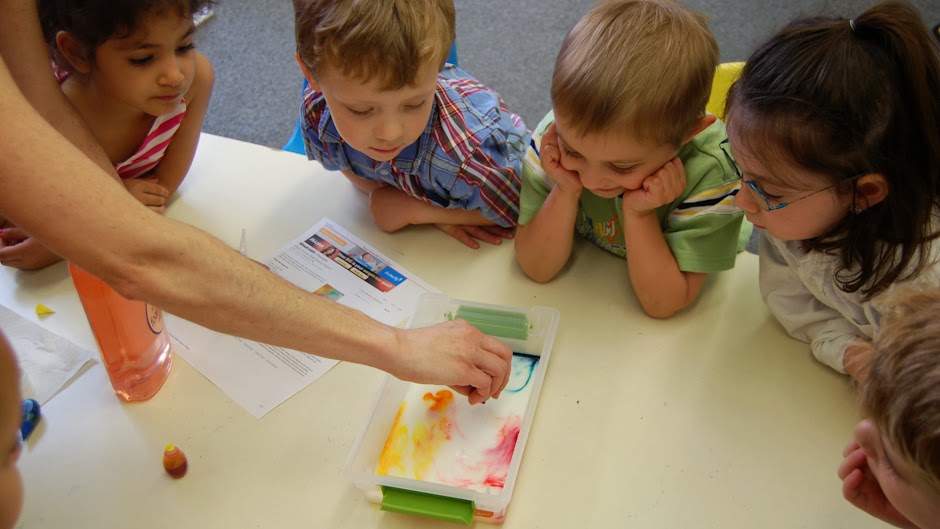Identifying the Gifted Child
By Susan Gold, MEd & Robert Gold, ESQ
We hear and read of gifted artists, gifted athletes, even gifted speakers without making too much of it. “Gifted” is part of the everyday vernacular.
Use of the word “gifted” to describe a child of high academic or intellectual ability, however, prompts visceral, heated reactions, charges of elitism and a number of stereotypes grounded more in myth than reality. Here is a glimpse at gifted education with an emphasis on the early childhood years.
Who Is a Gifted Learner?
To effectively identify young gifted learners, multiple criteria are used, including both subjective and objective measures. Such measures include achievement and ability testing, teacher observations and parent questionnaires.An IQ score of 130 or higher—approximately the top 2 percent of test-takers on the WPPSI, WISC or other similar aptitude test—is a commonly used benchmark for entrance into gifted and talented programs. Current research indicates that IQ is malleable, particularly in young children, as their brains undergo rapid physiological development. A child generally cannot, however, obtain an IQ score of 140 just by having a “good day.”
Do too many “pushy” parents claim their children are gifted? Not necessarily. Parents are usually accurate in evaluating their child’s intellectual abilities. From time to time, parents underestimate their child’s giftedness, especially in the case of a first-born child. Oftentimes, it is only when the child enters preschool and quickly exhausts the available learning materials that a bell goes off.
Things to Watch For
In a typical classroom (with same-age peers of widely varying intellectual ability and academic readiness), young gifted students often downplay their talents to fit in. Therefore, gifted learners’ placement within an intellectual peer group is critical, not only for their intellectual growth, but for their emotional well-being. They prefer friends with similar mental age rather than chronological, seeking close, stable and trusting friendships over mere playmates early on.Young gifted learners often exhibit perfectionist tendencies. Generations of well-intentioned teachers have unwittingly reinforced these tendencies by offering academically gifted children praise such as, “Wow, you got 100% and finished so quickly. Great job!” In the care of well-trained teachers who consistently praise effort, strategy and resilience, however, these children can view their perfectionism in a positive light, celebrating accomplishments with an understanding that “mistakes” are inevitable in the process of mastering new, appropriately challenging skills and material.
Myth vs. Reality
Proponents of mixed-ability classrooms argue that having one or two gifted students in a class elevates the entire class’ performance, as the gifted students serve as role models, provide challenge and help teach other students.In reality, average or below-average students do not look to gifted students as role models; teachers do. Similarly, gifted students benefit from classroom interactions with peers at similar performance levels.
Dr. James Kulik of the University of Michigan found that highly talented students achieve more when taught in specialized, enriched classes—rather than regular, mixed-ability classes—gaining on average 1.4 to 1.5 years on a grade-equivalent scale in the same period during which control children of initially equivalent intelligence gain only one year. Kulik noted that teachers of enriched and accelerated classes often have special training for work with gifted and talented students.
One of the nation’s foremost experts on gifted education, Dr. Tracy Cross of The College of William and Mary, puts it this way: “Amazing things happen when you get a critical mass of intellectually gifted students together with a faculty who wants to work with them.”
Susan Gold, M.Ed., and Robert Gold, Esq., are director and executive director of Feynman School, a nonprofit, independent school for academically gifted children in Bethesda, Maryland.
RESOURCES
National Association for Gifted Children, supporting the needs of high-potential learners
Virginia Association for the Gifted, supporting gifted education
“An Analysis of the Research on Ability Grouping,” 1992, Dr. James A. Kulik, University of Michigan





No comments:
Post a Comment